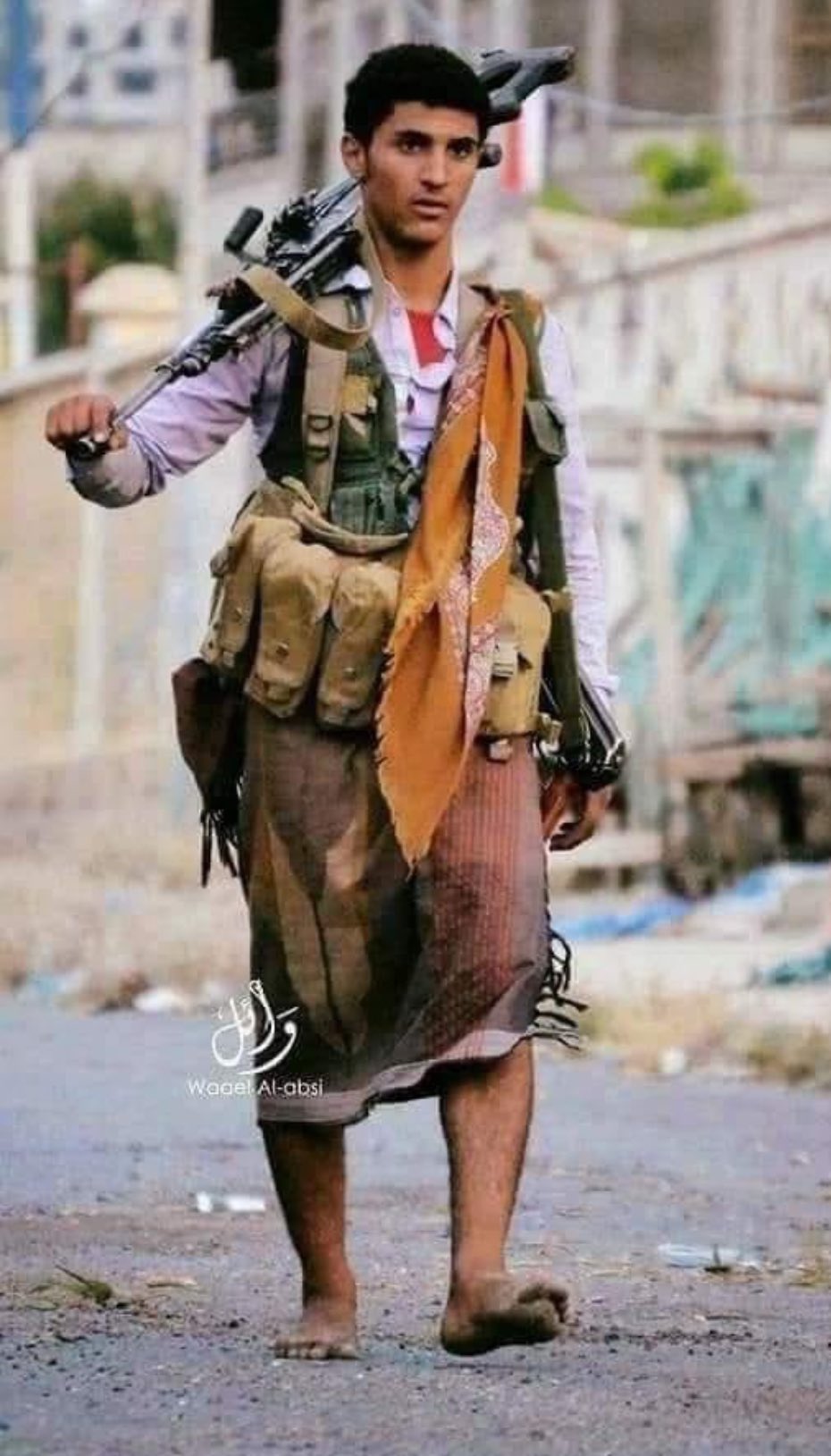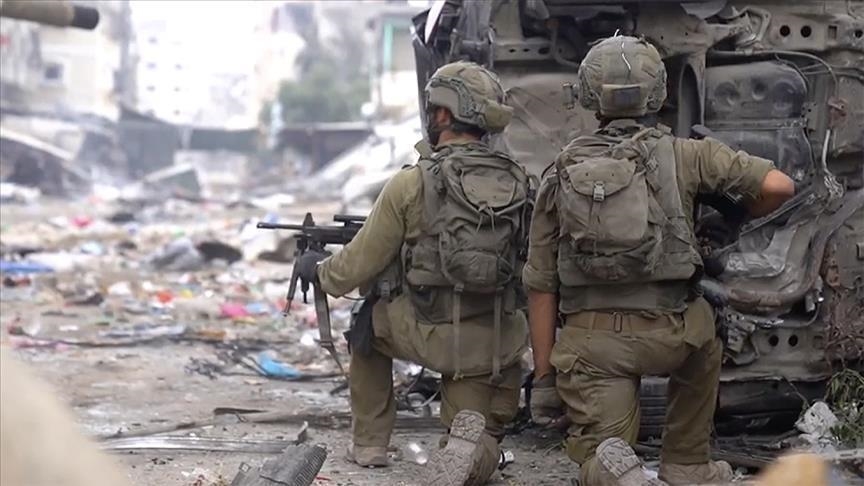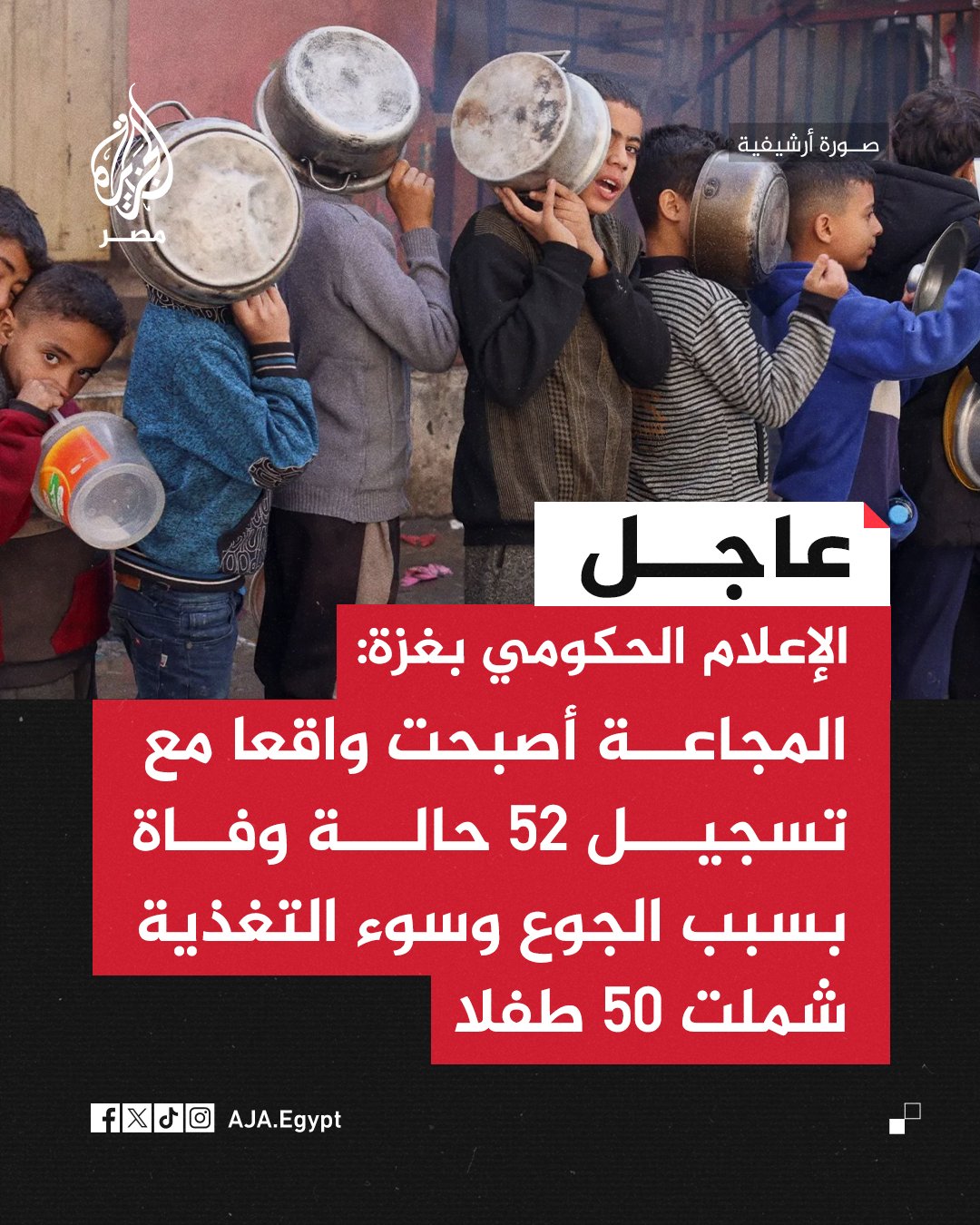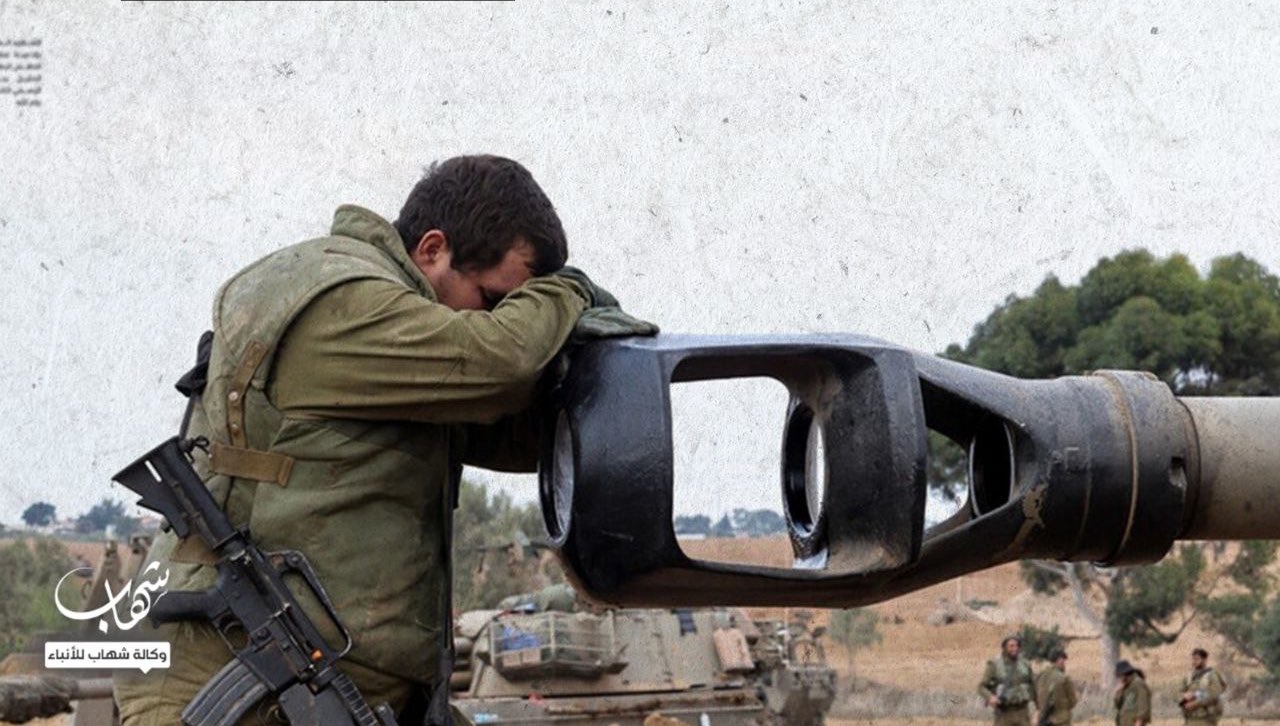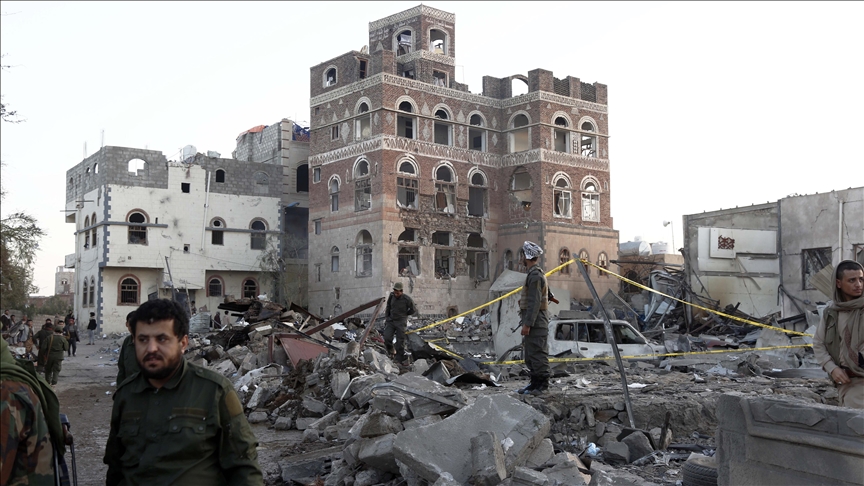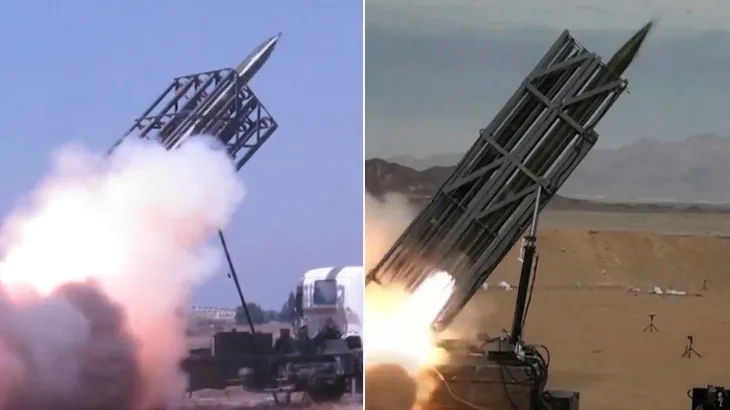
Military expert Retired Major General Fayez al-Duwairi said Hezbollah is still able to manage the defensive battle effectively and powerfully despite the Israeli onslaught which have not undermined its combat capabilities.
Duwairi explained Hezbollah, Thursday, launched five large missile barrages despite the intensive Israeli air campaign and assassinations that targeted prominent military leaders, including Fouad Shukr and Ibrahim Aqil, and the bombing of pagers and walkie-talkies.
According to the strategic expert, the combat organizations that are fighting an asymmetric war with a regular Israeli army that has great capabilities “have in their calculations, to be exposed to painful strikes that may abort their combat power if they move to the traditional approach.”
Accordingly, there are fixed instructions for the fighters that at some point communications may be lost and the chain of command may be struck through concentrated assassinations, “but this does not mean the collapse of the combat power, as planning is centralized but implementation is decentralized,” he added on Al Jazeera.
The military expert touched on the combat capabilities possessed by Hezbollah, most notably its missile capabilities and their impact on Israel, in addition to artillery, drones, and field forces deployed in the south, central Bekaa, and Hermel, and the the Radwan Force, designed to carry out operations inside occupied Palestine.
Hezbollah’s missile force ranges between 100,000 and 200,000 missiles, 80% of which are unguided, according to Al-Duwairi who said that the party has not yet deployed medium- and long-range missiles.
Israeli Prime Minister Benjamin Netanyahu considers what Israel achieved, so far, in terms of preemptive strikes, intensive assassinations, and bombings of communications and wireless devices are “military achievements that may disappear if he enters a ground war,” Al-Duwairi pointed out.
The military expert added that Hezbollah – 18 years after the 2006 war – has a large presence in southern Lebanon, and succeeded in harnessing the geographical turrain of the area to serve its defensive plan, noting it focuses on controlling combat nodes and target bank.
He concluded the entry of the Israeli occupation army into southern Lebanon “will not be a summer outing,” noting Israel’s strikes have targeted Hezbollah’s capabilities and its incubating environment, so far, “so the party is walking a tightrope between maintaining deterrence and not being dragged into a ground war.”

 قراءة عسكرية مهمة لواقع القتال والتطورات الميدانية بين الجيش الإسرائيلي وحزب الله مع اللواء فايز الدويري والعميد إلياس حنا .
قراءة عسكرية مهمة لواقع القتال والتطورات الميدانية بين الجيش الإسرائيلي وحزب الله مع اللواء فايز الدويري والعميد إلياس حنا . ولا غربية
ولا غربية  (@Iraq213890)
(@Iraq213890) 